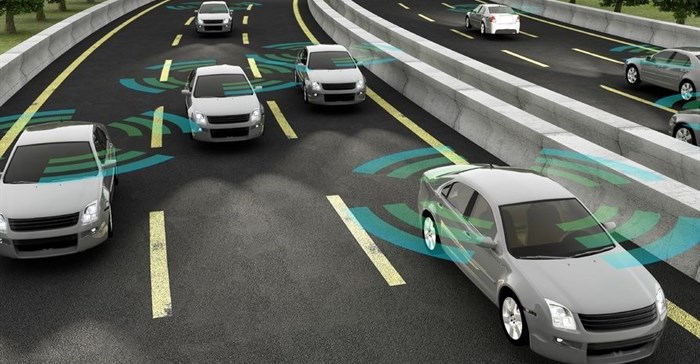
The new research, 'Autonomous Vehicles & ADAS: Adoption, Regulation & Business Models 2016-2025', found that the market adoption of AV (autonomous vehicle) technology is set to accelerate over the next few years, driven by:
• increasingly stringent vehicle safety specifications,
• environmental pressures, and
• rapid technological developments.
The research found that driverless vehicles will have a disruptive impact on transportation around the world and will ultimately lead to millions of professional drivers being made redundant. The research company predicts that city-based taxi services will be one of the key early adopters of driverless vehicles.
Research author Gareth Owen added: “The introduction of driverless cars will result in fundamental changes to the automotive world and society in general, and it is clear that the boundaries between private vehicle ownership, car sharing and rental fleets will increasingly become blurred.”
However, the research warned that following the first-ever fatality in an AV vehicle, the recent Tesla S accident in Florida, the AV industry must convince the public that their vehicles are completely safe.
Juniper found that a number of major OEMs including BMW, Toyota and GM are accelerating their AV development and testing programmes and now have firm plans to launch production vehicles. As a result, the company forecasts that driverless vehicles will start to become widespread in the 2020-2025 timeframe, although they will initially be confined to city centres or key routes due to the need for extensive V2X (vehicle-to-everything) infrastructure.